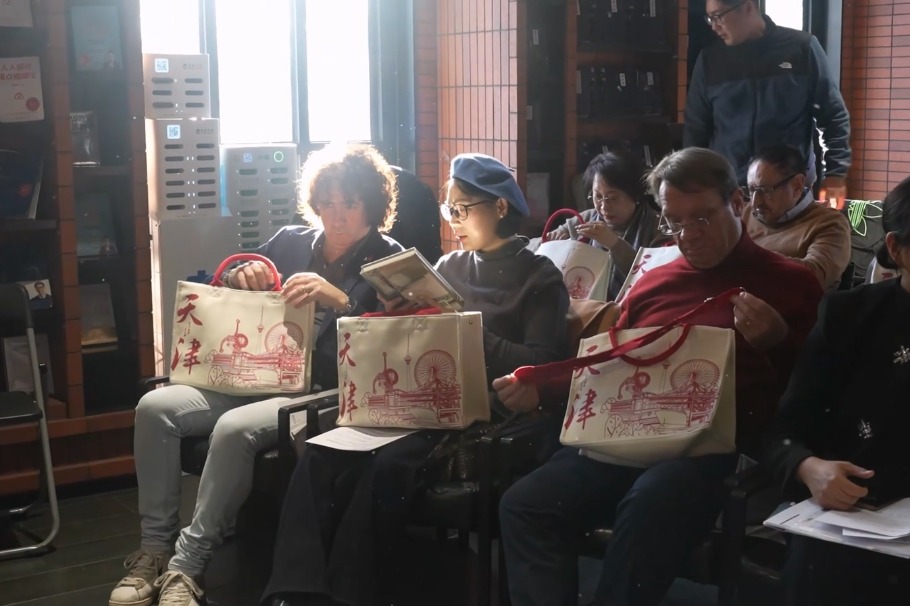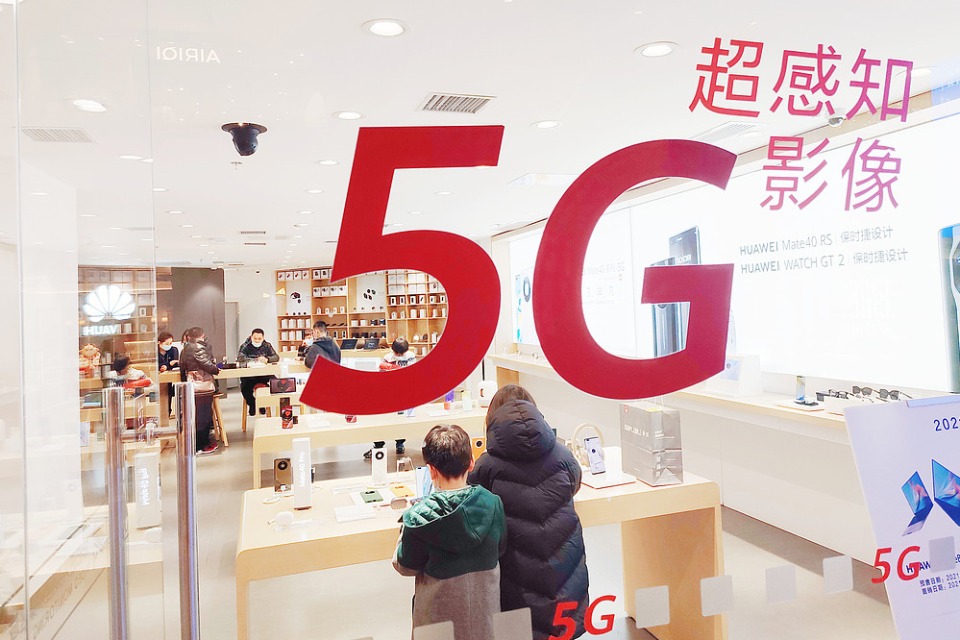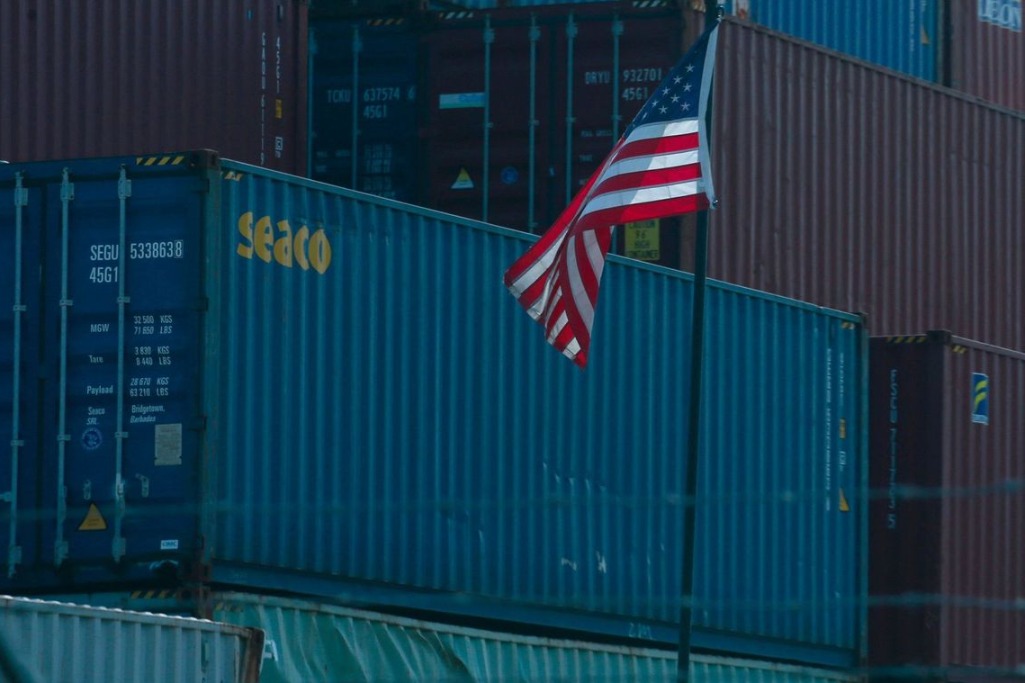Africa not a geopolitical pawn


For years, US leaders have been wasting no time in slandering China during their trips to Africa or when meeting visiting African leaders. But that didn't seem to be the case during the US-Africa Summit in Washington last week.
The reasons might be simple. African leaders have voiced their strong dissatisfaction at being used by the US as a geopolitical battleground. During his talk at the Brookings Institution last week, Mokgweetsi Masisi, president of Botswana, repeated that message – that Africa does not want to be treated as a site for such competition.
Also, the US is far behind China in terms of investment in and trade with Africa. China's trade with Africa jumped 35 percent in 2021 to $254 billion. Meanwhile, from 2011 to 2021, US exports to Africa fell 19 percent to $26.7 billion, while imports from Africa nosedived almost 60 percent during the period to $37.6 billion.
Many African leaders have made it clear that Africa is open for business and everyone – be it China and the US or Europe, India and Russia – is welcome to help boost local social and economic development.
Thomas Sheehy, a senior fellow at the US Institute of Peace, sighed that such a US-Africa summit, the second since 2014, was long overdue compared with the Forum on China-Africa Cooperation held every three years since 2000. In an article, he admitted that the US-Africa Summit is still about the US' rivalry with China.
When talking about US commitment in Africa, Samantha Power, the administrator of US Agency for International Development, kept saying "skip the last administration" in her analysis, clearly an acknowledgement of the inconsistent US government policy on Africa.
Mohammed Ibrahim, a Sudanese-British billionaire, was blunt in telling Fareed Zakaria on CNN GPS that "we are not a shithole, we are decent people like everybody else," referring to former US President Donald Trump's vulgar slur aimed at Haiti and African nations in early 2018.
Running telecom companies in 15 African nations, Ibrahim asked why the US and Europe sat back while China invested heavily in building Africa's infrastructure projects.
China has also been investing in Africa's manufacturing capacity and its human resources.
While China has long seen a promising future for Africa based on its own phenomenal economic take-off in the last four plus decades, many people in the West continued to regard Africa as a charity case for handouts.
The report of a survey conducted by the Ichikowitz Family Foundation in June is revealing. It shows that China has overtaken the US as the country having the biggest positive influence among young people in Africa. About 76 percent of youth in 15 countries preferred China.
It was an incredible achievement despite the reckless smear campaigns against China by some US and European politicians and news media, who have been equating Chinese activities in Africa with "debt traps" and "neocolonialism."
Some US TV anchors still asked pointed questions to their guests during the US-Africa Summit in a bid to make China look bad during African leaders' visit to Washington.
I'm glad that Chinese officials have not returned the favor by badmouthing US and Europe's activities in Africa and other continents.
The Netherlands' Minister Mark Rutte's apology on Monday on behalf of his government for the country's role in promoting and profiting from centuries of slavery is a welcome move and should be followed by more countries that were guilty of colonizing Africa and enslaving its population.
Africa is not a pawn for geopolitical games and should never be used as one. Countries around the world should join hands in helping Africa' development for the centuries of injustice done to the people there and the fact that it will be home to a quarter of the world's population by 2050, compared to only 16 percent now.
The author is chief of China Daily EU Bureau based in Brussels. [email protected]


































